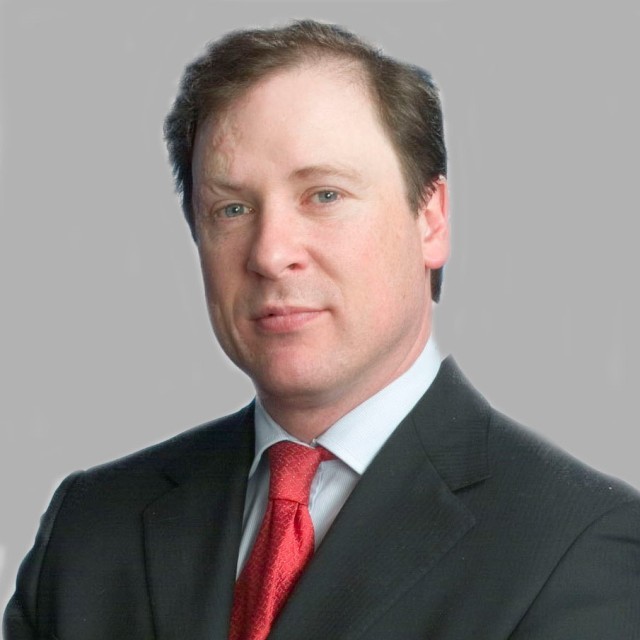IEG v Zurich Insurance
Court of Appeal
18 February 2013
The claimant, Mr Carré, was exposed to asbestos for 27 years while employed by IEG. For six of those 27 years, IEG had an Employers Liability policy with Zurich. The policy followed the usual format, indemnifying IEG against injuries caused during the period of its cover. However, IEG claimed that in the case of mesothelioma, this covered them for the whole claim whereas Zurich argued that they were only liable for 6/27.
The decision involved a review of the law of causation in mesothelioma, following the creation of the 'special rule' in the case of Fairchild. The 'special rule' established causation by a material contribution to the risk of disease, rather than proof of actual contribution to disease.
The judgment in IEG places emphasis on the subsequent cases of Barker v Corus, and Durham (the employer's liability trigger case). Both attempted to say what the 'special rule' really meant.
In Barker, the House of Lords (HoL) decided that the 'special rule' should be interpreted so that each wrongdoer would only be liable for their share of the risk of the disease. This was, the HoL said, the fair thing to do given the relaxation of the normal principles of causation.
[The Barker decision was overturned by the Compensation Act 2006. This did not apply to this case since it originated in Guernsey.]
In Durham, the Supreme Court said that the 'special rule' did not say that risk was itself damage, but deemed causation to have occurred by the creation of the risk. The 'special rule' was simply a relaxation of the normal rules of causation. The CoA applied Durham to conclude that Zurich's policy covered the entire claim. Since causation was deemed to be established during Zurich's cover period, the indemnity applied.
Without an express provision, the policy contained no grounds to extract a contribution from IEG. The court rejected Zurich's argument that the law of equity would fill this contractual hole, and support a contribution from IEG. Thus the 'special rule' created to ensure that a wrongdoer pays compensation, has been used by a wrongdoer to escape payment.
Zurich's reliance on the rules of equity means that this apparent unfairness is not simply a matter of policy, but remains central to the fundamental legal analysis itself. Zurich may also argue that the CoA has not properly grasped the role of the Fairchild/Baker exception and has overstated the effect of Durham in its reasoning.
Regardless of how Barker says that mesothelioma is divisible, the fact remains that it does. Should that not be reflected in the answering policy? Furthermore, there is little evidence in the judgment that the CoA read the rest of Durham, and the way the main part of that decision was reached.
Much emphasis was placed on the overall purpose of the policy at the time it was entered into. Underlying that was an analysis of the 'great care' taken to calculate premium by reference to the nature of the policyholder's work and the number of their employees at the time of the policy.
The Supreme Court warned against sticking, "literally to whatever might be perceived as [the policy wording's] natural meaning." Interpretation had to draw on the overall purpose of the policy. In the context of this case, would the parties seriously have anticipated that IEG would not contribute?
Zurich are known to be considering an appeal but, in the absence of a successful appeal, insurers will have to assume that they will no longer receive contribution from solvent insureds for mesothelioma claims. In reaching their decision, the CoA described the Barker judgment as, "a problematic decision." That may be so, but the problems were caused by the departure from the common law made by Fairchild. The Barker case was simply trying to make the best out of a bad job. Insurers might think that IEG achieves the opposite.


The service you deliver is integral to the success of your business. With the right technology, we can help you to heighten your customer experience, improve underwriting performance, and streamline processes.